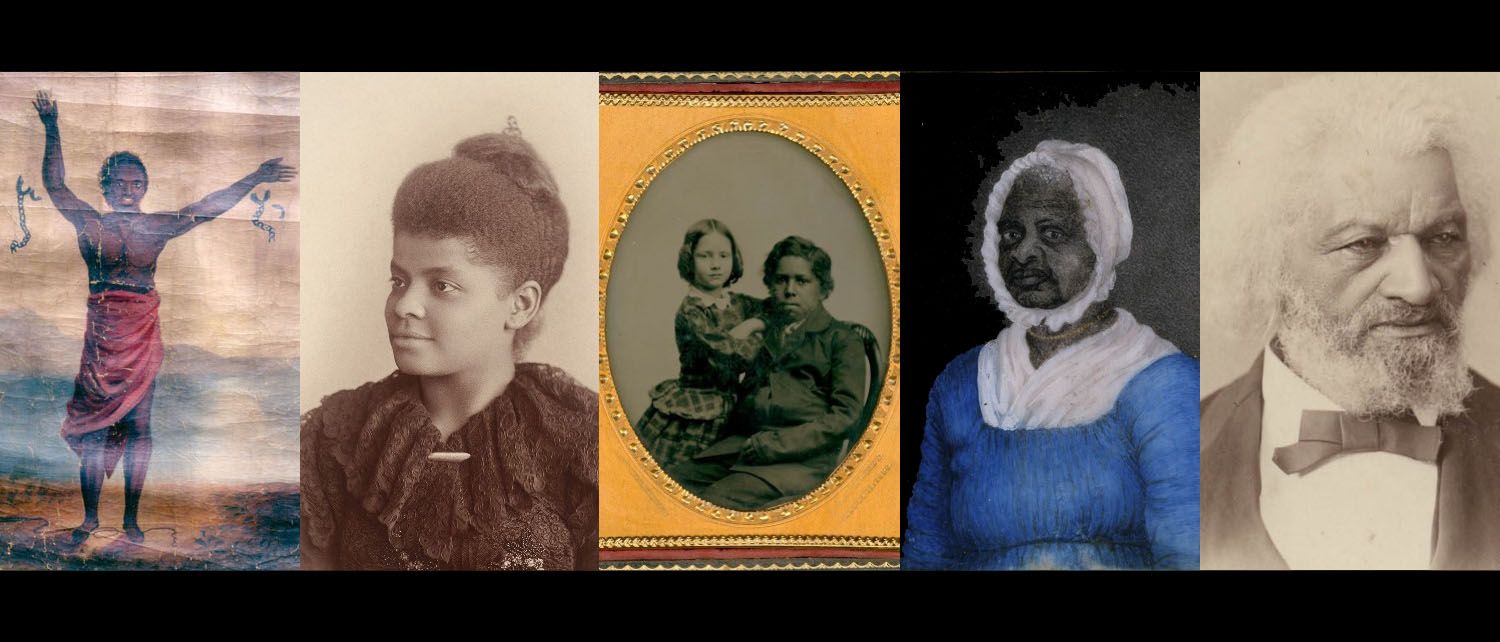Black Intellect in the Wake of the American Revolution

MHS Event
Author: Aston Gonzalez, Salisbury University
Comment: Vincent Carretta, University of Maryland
This is an online event.
This chapter from Aston Gonzalez's book manuscript examines black geniuses recognized in mathematics and the natural sciences in the decades after the American Revolution. Gonzalez analyzes how domestic and transatlantic print culture authored by African Americans and British abolitionists contributed to the conceptual development of “black genius.” Journalists, medical professionals, and antislavery activists turned a public spotlight onto three Black men – the mental calculator Thomas Fuller, doctor James Derham, and astronomer Benjamin Banneker – whose skills, they argued, directly contradicted widespread assertions that people of African descent possessed innately and unchangeably inferior intellectual faculties.
Join the conversation at the African American History Seminar. Seminars bring together a diverse group of scholars and interested members of the public to workshop a pre-circulated paper. Learn more.
Purchasing the $25 seminar subscription gives you advance access to the seminar papers of all seven seminar series for the current academic year. Subscribe at www.masshist.org/research/seminars. Subscribers for the current year may login to view currently available essays.
Online Event
The virtual seminar begins at 5:00 PM and will be hosted on the video conference platform, Zoom. Registrants will receive a confirmation message with attendance information.
By registering you are agreeing to abide by the MHS Visitor Code of Conduct.
